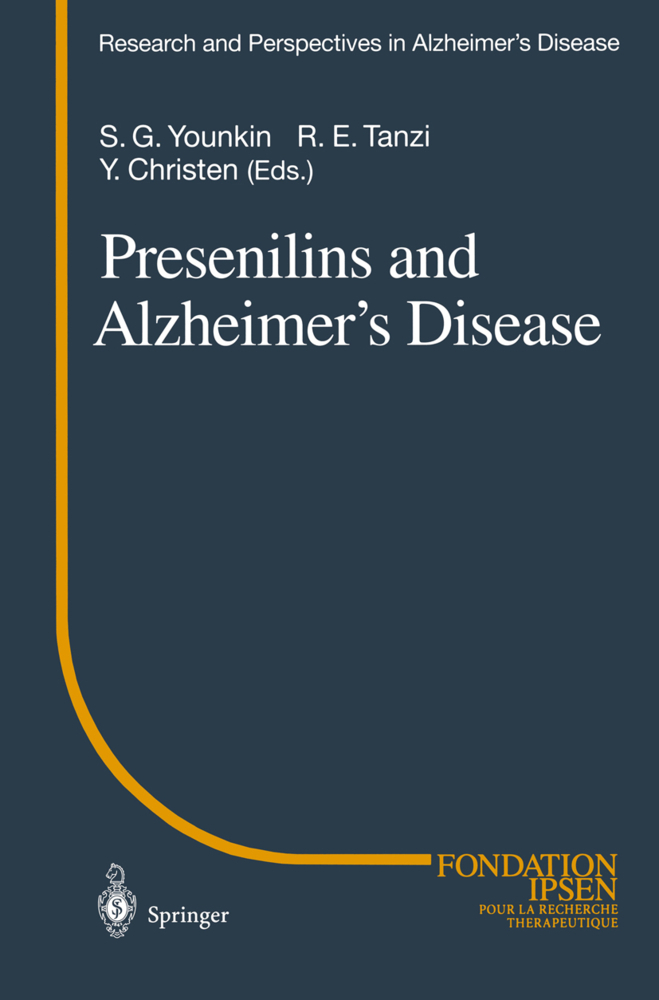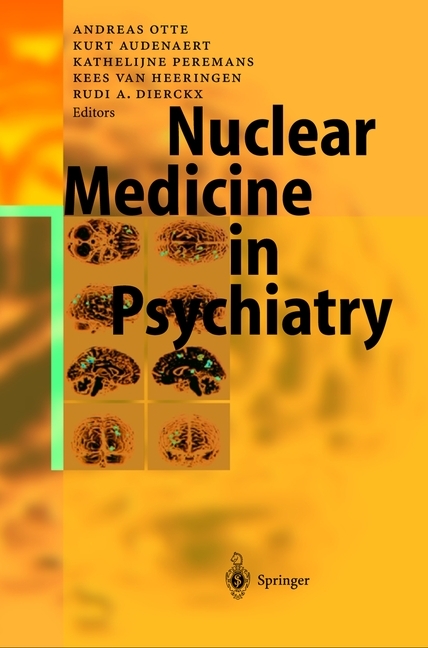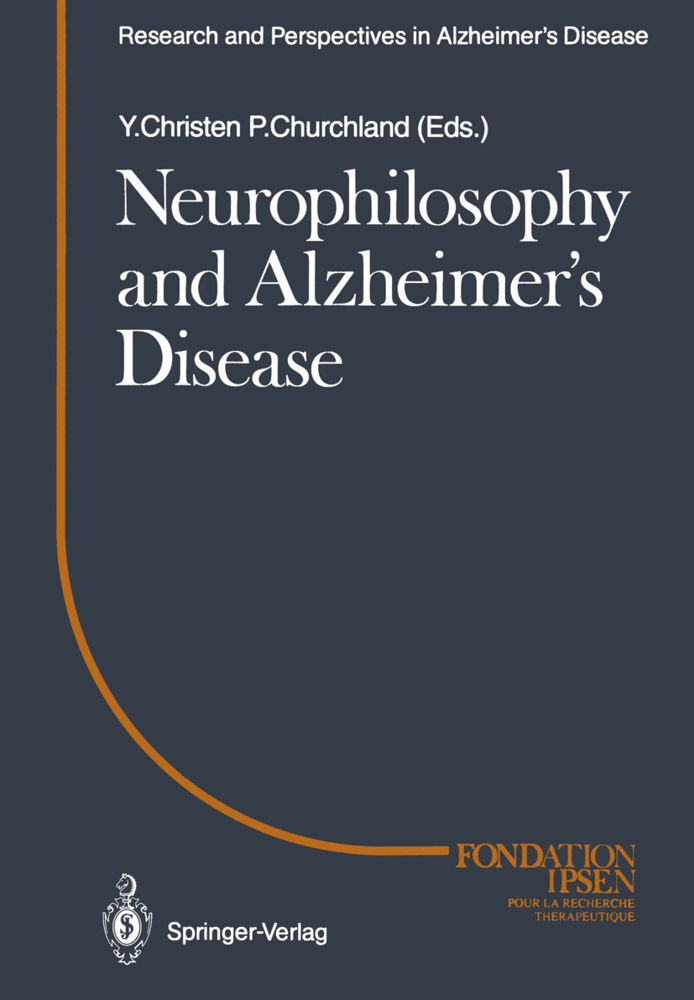Ethical Issues of Molecular Genetics in Psychiatry
Ethical Issues of Molecular Genetics in Psychiatry
Over the past few years, genetics research has been in a phase of remarkably sustained and continuous revolution. The advent of "new genetics" of recombinant DNA has resulted in new discoveries occurring at a breath taking pace, many of which have important clinical implications, for example, in new approaches to the diagnosis and treatment of hemoglobinopathies, cystic fibrosis and some forms of muscular dystrophies. Recent findings of psychiatric relevance have included the localization of the genes for Huntington's chorea and the use of DNA probes in predictive testing. Advances have been achieved in the understanding of the molecular biology of Alzheimer's disease, and at least some familiar forms of the condition appear to be linked to a gene of chromosome 21. Taking into account current achievements in molecular genetics as well as future findings, it can be predicted that the application of new genetic technologies is likely to lead to ethical problems in practical psychiatry. In order to initiate discussions aiming to generate ideas and develop the background for future consensus in the complex area of ethics relating to the application of molecular approaches in the study of psychiatric disorders, the World Health Organization, in collaboration with the IPSEN Foundation, organized in Brno, Czechoslovakia, June 11-12, 1990, an international conference to review knowledge related to molecular genetic studies in psychiatry, with particular reference to ethical problems.
Molecular Genetic Studies: The Task of Interpretation for Psychiatry
The Genetics of Alzheimer's Disease and the Ethical Implications for Prevention?
Some Ethical Aspects of Genetic Approaches to Human Health Care: A Developmental Geneticist's Point of View
Lessons from an International Survey of Medical Geneticists
The Use of Prenatal Diagnosis for Psychiatric Diseases
New Ethical Problems Related to Environmental Pollution and Behavioral Changes in Human Population
A Molecular Genetic Approach to Neuropsychiatric Disease -Some Technical and Ethical Considerations
Ethical Aspects of Human Genome Mapping and Sequencing
Transcultural Problems in the Use of Medical Genetics in Clinical Practice
Molecular Genetic Research in Psychiatry: Ethical Problems
Ethical Issues Arising in Molecular Genetics in Developing Countries
Religious Approaches to the Results of Genetic Research
Jurisprudence in Genetics
Ethics, Molecular Genetics, and Psychiatric Disorders.
Ethical Issues in Molecular Genetics
A Single Locus for Psychosis and Intelligence in the Exchange Region of the Sex Chromosomes?Molecular Genetic Studies: The Task of Interpretation for Psychiatry
The Genetics of Alzheimer's Disease and the Ethical Implications for Prevention?
Some Ethical Aspects of Genetic Approaches to Human Health Care: A Developmental Geneticist's Point of View
Lessons from an International Survey of Medical Geneticists
The Use of Prenatal Diagnosis for Psychiatric Diseases
New Ethical Problems Related to Environmental Pollution and Behavioral Changes in Human Population
A Molecular Genetic Approach to Neuropsychiatric Disease -Some Technical and Ethical Considerations
Ethical Aspects of Human Genome Mapping and Sequencing
Transcultural Problems in the Use of Medical Genetics in Clinical Practice
Molecular Genetic Research in Psychiatry: Ethical Problems
Ethical Issues Arising in Molecular Genetics in Developing Countries
Religious Approaches to the Results of Genetic Research
Jurisprudence in Genetics
Ethics, Molecular Genetics, and Psychiatric Disorders.
Sram, Radim J.
Bulyzhenkov, Victor
Prilipko, Leonid
| ISBN | 978-3-642-76431-8 |
|---|---|
| Artikelnummer | 9783642764318 |
| Medientyp | Buch |
| Auflage | Softcover reprint of the original 1st ed. 1991 |
| Copyrightjahr | 2012 |
| Verlag | Springer, Berlin |
| Umfang | X, 177 Seiten |
| Abbildungen | X, 177 p. |
| Sprache | Englisch |











